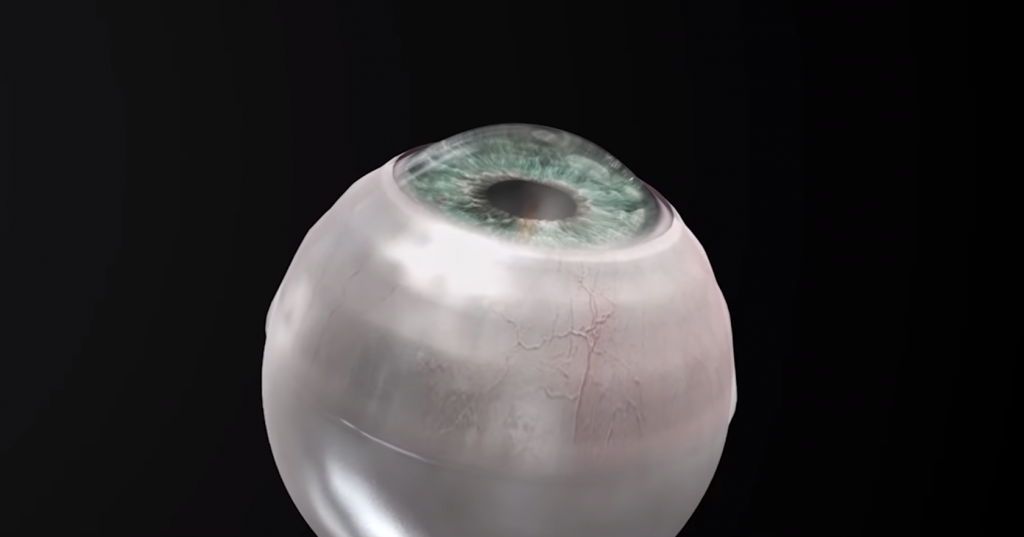Eyes play a very common role in tech, but we’re usually confined to tracking them rather than fixing them. That’s about to change. An Israeli company called CorNeat Vision has performed its first cornea transplant using a wholly-synthetic replacement.
The operation, performed by Professor Irit Bahar at the Rabin Medical Centre in Israel, saw its patient, a 78-year-old man, regain enough vision to read an eye exam chart and to recognise his family members immediately after the operation concluded.
The implant itself is composed of a synthetic material that “…mimics the microstructure of the Extracellular Matrix (ECM) – the natural biological collagen mesh providing structural and biochemical support to surrounding cells.” It doesn’t degrade and doesn’t trigger an immune response, making it perfect for implants of this nature.
That’s pretty CorNeat
If you’re stricken with a case of ommetaphobia, you might want to skip over the video embedded above. It shows the entire operation from beginning to end — using computer graphics rather than a live-action rendition, so it’s not too bad. Still a little icky, though.
Cornea transplants are nothing new (they date back to 1905, in humans), but how this company is pulling them off is the remarkable bit. The CorNeat KPro is a completely synthetic replacement and, unlike existing artificial treatments, claims to be easy to execute as far as an operation goes. It requires minimal stitching and incisions, the op takes about an hour and full healing is said to be complete in a matter of weeks, with no risk of implant rejection due to auto-immune responses.
The company has more operations planned in the coming months, with at least ten more taking place in Israel. Canada is next on the list, and the company has its eye on trials in France, the Netherlands, and the States.
Company co-founder Almog Aley-Raz said “Our first trial includes blind patients who are not suitable candidates for- or have failed one or more corneal transplantations. Given the exceptional visual performance of our device, the expected healing time and retention, and the fact that it cannot carry disease, we plan to initiate a second study later this year with broader indications to approve our artificial cornea as a first-line treatment, displacing the use of donor tissue used in full-thickness corneal transplantations.”
Source: CorNeat Vision (PR Newswire)




